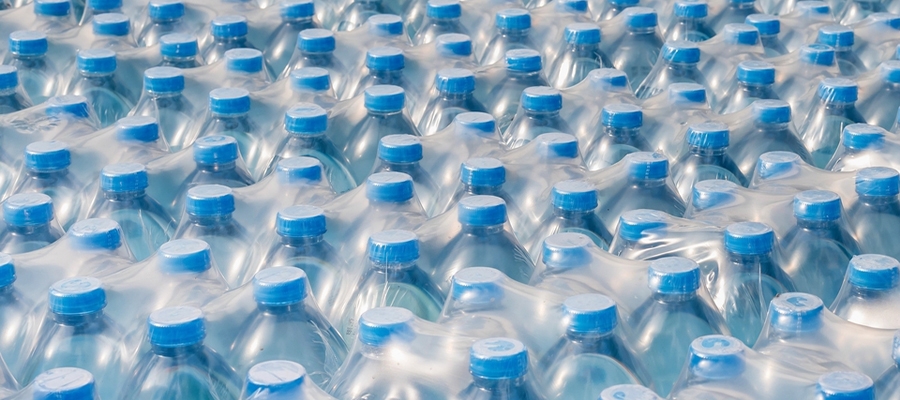Water filtration dispenser: efficient, safe and sustainable
Mac Mahon and his colleagues are convinced that switching to water filtration systems is a quick and easy way to rid ourselves of plastic-bottled water from aboard ships. The necessary investments are manageable. The actual cost ROI can even be rewarding. “A water filtration dispenser costs about USD 1,000, and you need about four units on board, depending on the size of the ship and crew,” calculates Mac Mahon. “Considering that an average of USD 5,000 to 8,000 is spent annually per ship on plastic-bottled water, the payback period is less than one year.” In addition, the water filtration systems are much more efficient these days compared to those of old. “We save time ordering, recycling and storing the water bottles and money on land-based rubbish disposal.”
Some owner clients of BSM are convinced and have already taken this path, such as tanker operator Frontline. “As people who make a living from the oceans, we should lead by example and reduce our plastics consumption. Frontline is committed to reducing plastics and has implemented drinking water filtration systems,” says Dr Linda Sørensen, Head of HSEQ & Human Factors at Frontline. “Using drinking water filtration systems allows us to remove bottled water onboard and ashore and is an important step we can all take. It may seem insignificant, but honestly it is not. Please join Frontline and BSM’s commitment to reducing the use of plastic bottles.”
Mac Mahon: “More and more shipowners are paying attention to this issue and changing their minds. This has already generated significant plastic bottle savings in our managed fleet.”











